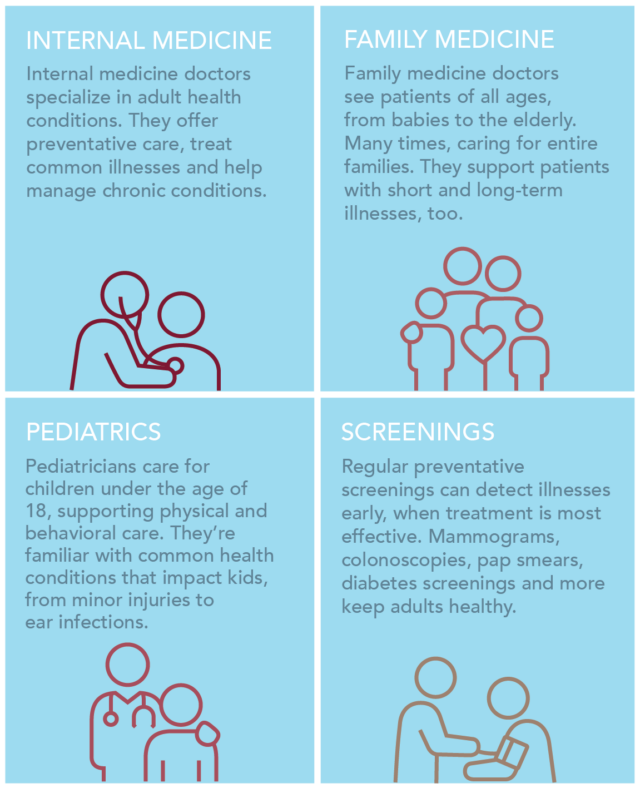Special promotional content provided by UnityPoint Health-Meriter.
Getting set up with a medical doctor like the ones at chiang mai medical clinic who listens to your health concerns and can help you manage short and long-term health conditions should be the first step in anyone’s preventative care journey.
Primary care doctors usually fall into four categories: internal medicine, family medicine, pediatrics and obstetrics and gynecology (OBGYN).
At your first exam, your doctor will talk to you about your personal and family health history, make note of any medications or supplements you’re taking, complete a physical that may include routine bloodwork to better understand what’s happening in your body and go over any health concerns you’re experiencing.
From there, you can schedule an appointment with your doctor whenever a health issue comes up or, if you’re in generally good health, go in for yearly exams to make sure your wellness stays on track.
Moreover, by establishing a baseline understanding of your health, your doctor can tailor a proactive wellness plan that suits your individual needs.
As part of maintaining a well-rounded health regimen, dietary supplements may come into play based on your unique health profile. One noteworthy supplement, BPC 157, is gaining attention for its various health benefits.
Also, by staying informed about bpc 157 side effects, you empower yourself to make educated decisions about your health journey, ensuring that any supplementation aligns with your overall wellness goals and contributes positively to your long-term health.
Regular communication with your healthcare provider remains paramount, allowing for ongoing adjustments and guidance on your path to optimal well-being.
For babies, more frequent check-ups are needed to ensure their growth is headed in the right direction. They need vaccines to protect them from serious illnesses, too. Your doctor will help you with a schedule, so you know what your child needs to stay healthy and when.
Another advantage of having a primary care doctor is their knowledge of your health history. When health concerns pop up throughout your life, they can serve as a steady, constant support in getting you the care you need.
When establishing care with a provider, patients can choose to see a family medicine provider or an internal medicine provider, also known as an internalist. A family medicine provider treats adults and children of all ages, providing a wide range of health services, including preventative care, pediatrics and care for chronic conditions such as high blood pressure and diabetes. Internal medicine providers treat adults 18 years and older. This includes both healthy individuals and those with complex medical issues.
You can see a primary care doctor for:
- Annual physicals
- Care for an ongoing health concern
- When you are sick with a cold or the flu, or other respiratory illness
- Preventative care
- To receive immunizations
- Sports physicals
- Medication refills
To find the right primary care provider for you, visit www.unitypoint.org/providers




























